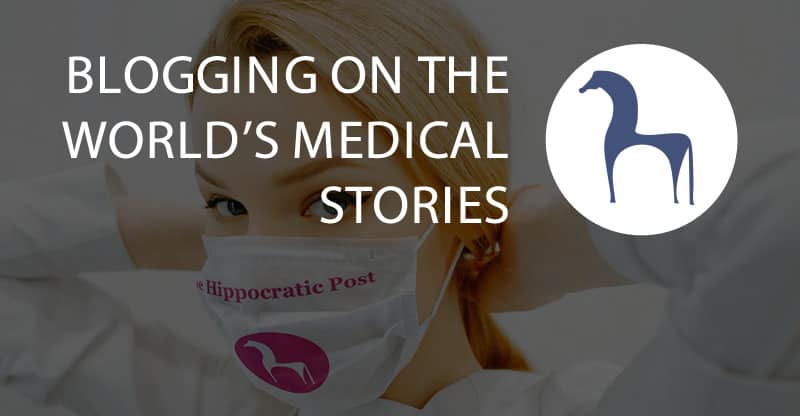Most people know that I am a vociferous campaigner against added sugar in our diet. I have been arguing for a sugar tax to be levied on food and beverage companies that lavish their products with refined sugar, and put our health at risk. I strongly believe that added sugar is a leading cause of death in the Western world, not just because it leads directly to obesity but because it is an independent risk factor for many chronic ailments ranging from Type II diabetes to heart disease. This is because refined sugar and carbs enter the blood stream quickly and trigger a massive response by the pancreas to produce insulin. Over time, the body becomes more resistant to the effects of insulin. This is a precursor for Type II diabetes but it is also strongly linked to the development of Alzheimer’s disease and other forms of dementia.
I am so convinced by the truth of my argument that I follow my own advice, and I counsel all my patients to follow my advice too. For a start, I tell them to avoid processed cereals in the morning, which are full of massive amounts of sugar. I stick to an omelette, which contains fat and protein, or porridge, which releases its sugars slowly into the bloodstream. Some berries on top ensures I get loads of antioxidants like Vitamin C, which keep my immune system in tip-top shape and mop up damaging free radicals which will prematurely age me.
I’m always appalled when I see children sucking on bottles of sweet squash or sipping fizzy drinks. But even more appalling is the so-called Healthy Plate on the NHS Choices website which features a can of Cola! I can only think that the fizzy drinks lobby has pushed very hard for that inclusion but the NHS should know better. Sugary drinks are directly toxic to teeth enamel – something we can see in the fact that teeth extraction is now the number one reason that children are admitted to hospital in the UK. But the sugar is toxic to their growing bodies too, increasing the rates of childhood obesity and a lifetime of ill health. The World Health Organisation set an upper limit of six teaspoons of added sugar per day for adults and US dietary guidelines suggest that just three teaspoons of sugar should be a the limit for children under the age of eight. One can of fizzy drink can give a child almost triple that amount in one hit.
Over the last few months, I have been looking at how we can eat well but not stress our bodies with unending sugar highs and lows. In fact, I have been making a fascinating new documentary film with an independent production company on this very topic. “The Pioppi Protocol” (working title) will air around the world in summer 2016, helping to change policies which are directly hurting entire populations. For the full story and a chance to contribute to our global campaign, click here.
I now know there are many ways you can lengthen your life, so you may well drop dead of old age when your heart simply gives out with overuse. That’s how I want to go, hopefully at a ripe old age. Not surprisingly, I’m not planning to be eating refined sugar and carbohydrates – although I may have to make an exception for the odd slice of chocolate cake. I’m not planning to eat toxic vegetable oils either – but that’s for another blog and another day.
If I can manage stress in my life, keep my alcohol intake moderate with meals, and take regular exercise, I think I have a pretty good chance of expiring quietly at 90 or thereabouts. I’ll certainly bet my odds are better than some of the school children I pass on my way to work who are glugging their second bottle of cherry cola.
Visit our kick starter page if you would like to support our movie.
- Aseem Malhotra: No surprise that processed foods boost cancer - 15th February 2018
- A complete healthcare systems failure - 26th June 2017
- The toxic truth about vegetable oil - 4th May 2016


